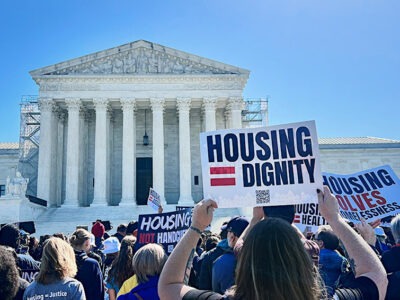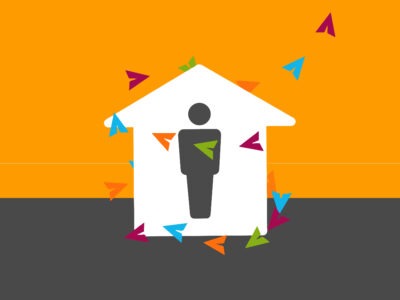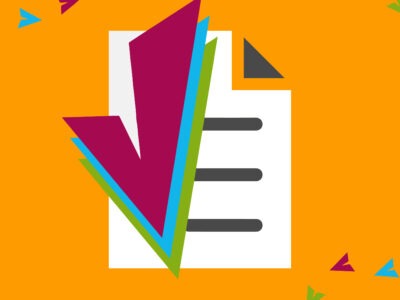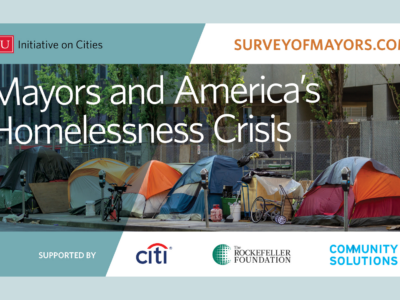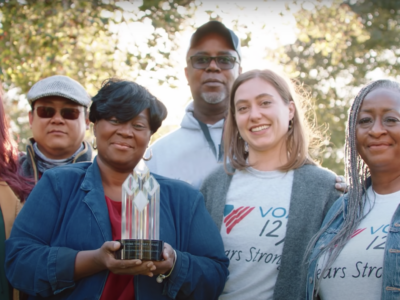When Congress passed the CARES Act on March 27, they funded $2 trillion in economic relief to businesses, nonprofits, and families, as well as funding for critical sectors like health care, housing, and education. The CARES Act also included direct payments to individuals and families, called economic impact payments (EIP).
The Internal Revenue Service (IRS) announced that the stimulus checks will be sent in the coming weeks. Most people will not need to take any action to receive their checks, but there are special considerations for certain groups.
March 23, 2021, update: The American Rescue Plan signed into law on March 10 includes another round of direct payments to individuals and families.
People who do not have a permanent address or do not typically file taxes, known as nonfilers, are still eligible to receive a stimulus check.
For the second and third round of payments, people who receive disability support or are part of other federal programs, should not need to take any additional steps to receive their check. The federal government will automatically issue checks to people who are part of these federal programs:
- Social Security Old-Age retirement, Survivors or Disability Insurance
- Supplemental Security Income (SSI)
- Railroad Retirement Board benefits
- Veterans Affairs (VA) benefits
For nonfilers, the IRS will use 2019 records, including anyone who used the IRS nonfiler tool (which is now closed) to claim a first or second stimulus check. The IRS has not yet confirmed when payments for nonfilers will be issued. For more information, please visit the IRS’s Get My Payment Frequently Asked Questions.
For those individuals and families for which the IRS already has bank information, they will most likely receive a direct deposit into their bank account. Others may receive a paper check or debit card. People without a permanent address can use the address of a shelter, friend, or family member.
The Federal Trade Commission created this page with additional information to help people experiencing homelessness access their stimulus checks: Getting stimulus payments to homeless communities.
April 10, 2020, update: The Internal Revenue Service announced a new feature that allows people who don’t normally file taxes to provide their information so they can receive their stimulus check.
The new tool is designed for people who do not normally file taxes, including people with low to no income. People using this process will need to provide:
- Social Security number
- Name
- Address
- Dependents (if applicable)
- Bank or financial account information (if not provided, your check will be mailed)
The IRS is also currently developing a process for tax filers to provide bank information so their stimulus check can be deposited directly into their bank accounts. That feature is expected to be ready next week. If bank information is not provided, stimulus checks will be printed and mailed, which will extend the process for people to receive their stimulus payments.
How much money can people expect to receive through these checks?
- Eligible taxpayers who filed tax returns in 2018 or 2019 will automatically receive an economic impact payment of up to $1,200 for individuals or $2,400 for married couples. The amount of the check will vary for people who meet certain income thresholds.
- Parents will also receive a $500 check for each qualifying child; most college students and high schoolers will not receive a payment, as children over 16 do not qualify.
When will the payments be mailed?
- The IRS is expecting to process and send them as early as the end of this week.
- The checks will be sent in waves beginning April 9 and going into the fall.
What information does the IRS need to process the checks?
- Those who are eligible and have a social security number, based on 2018 or 2019 tax returns, will receive the checks from the IRS. If the taxfiler has already provided the IRS their direct deposit information, they will receive their payment more quickly.
- If a person does not provide banking information, their check will be mailed to their address listed with the IRS. If their address has changed, they can update it on the IRS website.
- The IRS developed a platform for people to provide their banking information if it had changed or they had not previously provided it. The deadline to enter your information was May 13.
What actions need to be taken to ensure people who do not normally not file taxes receive their payments?
- Those who do not normally file a tax return can fill out a simplified IRS form to provide their address and banking information. The tax preparation service, Turbo Tax, created a free stimulus check registration site for those do not usually file taxes.
- People who rely on SSI or SSDI for income and don’t file taxes will still receive a check (this includes senior citizens, Social Security recipients and railroad retirees). The IRS will use information from the Form SSA-1099 or Form RRB-1099.
What information can be provided if someone does not have a permanent address?
- They can use a trusted relative’s or friend’s address.
- If they are affiliated with a shelter or work with a shelter that provides supportive services, they can use that address, with permission from the shelter.
- If they receive benefits provided through a state agency, they can often use this address as well.
What are the options for someone who does not have a bank account?
- They can provide one of the addresses listed above, which the IRS can use to mail a paper check.
- They can open a bank account or use a debit card number.
- Some banks offer no-fee/no-minimum bank accounts, and many states provide debit cards that are friendly to low-income people.
- On May 18, the IRS announced it will issue debit cards for people in certain states to receive their payments.
Additional information
- Tax filing deadline was extended to July 15, 2020.
- Payments can be accessed through 2020.
- The IRS is encouraging people to file for payment by Oct. 15, but if someone files after that they will still receive their payment.
- EIPs are considered advance payments associated with the 2020 tax returns, but people will not be required to pay them back.
- The IRS launched a tool for people who regularly file taxes to check on the status of their stimulus check.
- Volunteer Income Tax Assistance is available, although many sites may be closed or working virtually due the pandemic.

